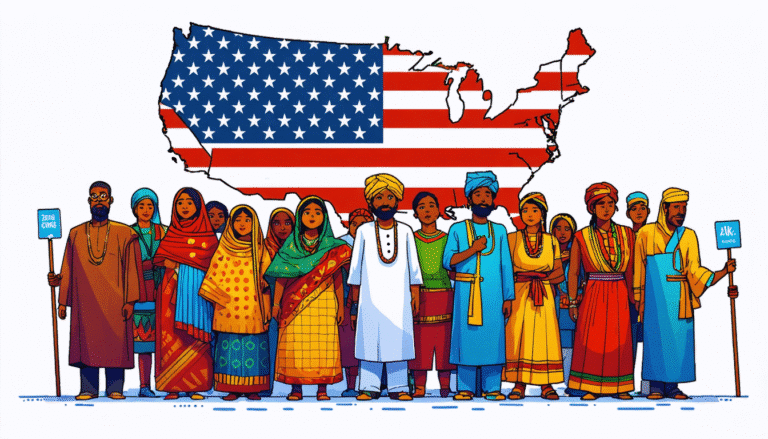The Friday the 13th, a day dreaded by some, raises many questions, particularly in the fields of aviation and hospitality. On one hand, it is discovered that this number, behind a certain number of superstitions, is often avoided in the numbering of airplane seats and hotel rooms. On the side of airlines and accommodation establishments, the desire to spare passengers and clients a bad experience drives them to eliminate this cursed number, revealing the mysteries surrounding it. But what is the reality? Explanations of a phenomenon that makes us roll our eyes while burying our feet in a cozy bed.
Friday the 13th echoes a multitude of superstitions, between popular beliefs and taboos in the world of aviation and hospitality. This number, sometimes considered a good luck charm, sometimes seen as a predator of misfortune, generates curious and fascinating behaviors. At the heart of this mystery lies the striking absence of the number 13, both in airplanes and in hotels, revealing an unprecedented management of collective fear.
The number 13 in aviation
In airplane cabins, the number 13 is a ghost. Most airlines choose to ignore this number, often going directly from row 12 to row 14. This decision aims to reassure passengers, thus avoiding any potential discomfort related to superstition. Indeed, many people, influenced by this fear of the number 13, might hesitate to sit in that seat mid-flight.
Did you know that this superstition has practical consequences on flight organization? It can even influence ticket prices. On Fridays the 13th, some travelers intentionally avoid flying, which sometimes leads to a drop in demand, and consequently, in ticket costs. Far from being trivial, this phenomenon highlights the power of superstitions on our behaviors!
Hotels and the mystery of the number 13
Similarly, in the hotel sector, the presence of the number 13 is often avoided like the plague. Many hotels do not have a room 13 or a 13th floor, for fear of causing apprehension among their clients. This absence is not just a matter of superstition; it is a question of business strategy. Hoteliers want to ensure that their establishments remain welcoming and comfortable, eliminating any source of stress for their guests.
Once in a hotel, you might notice that elevators often skip the button for the 13th floor. This can lead to comical situations, where a hurried guest has to remind themselves to ignore this ‘disappearance’. Sometimes, the 13 is replaced with a 12 bis, but this does not change the fact that a superstition can impact our experience, even on vacation.
A global phenomenon
It is interesting to see that the number 13 is not the same scapegoat everywhere in the world. In Italy, for example, it is the number 17 that arouses suspicion, due to its unfortunate interpretation in Roman numerals. And in some Asian countries, such as China or South Korea, the number 4 is considered unlucky because it is phonetically close to the word “death”. These examples illustrate how superstitions vary from one country to another, shaping cultural and commercial behaviors.
Friday the 13th, a symbolic date
Friday the 13th does not merely invoke fear associated with numbers. This date is deeply embedded in popular culture, reinforced by historical and cinematic narratives. Whether in horror films or books, Friday the 13th is often portrayed as a day of calamities and adverse events. In this way, this date has helped to create a myth around the number 13, transforming it into a true symbol of misfortune.










